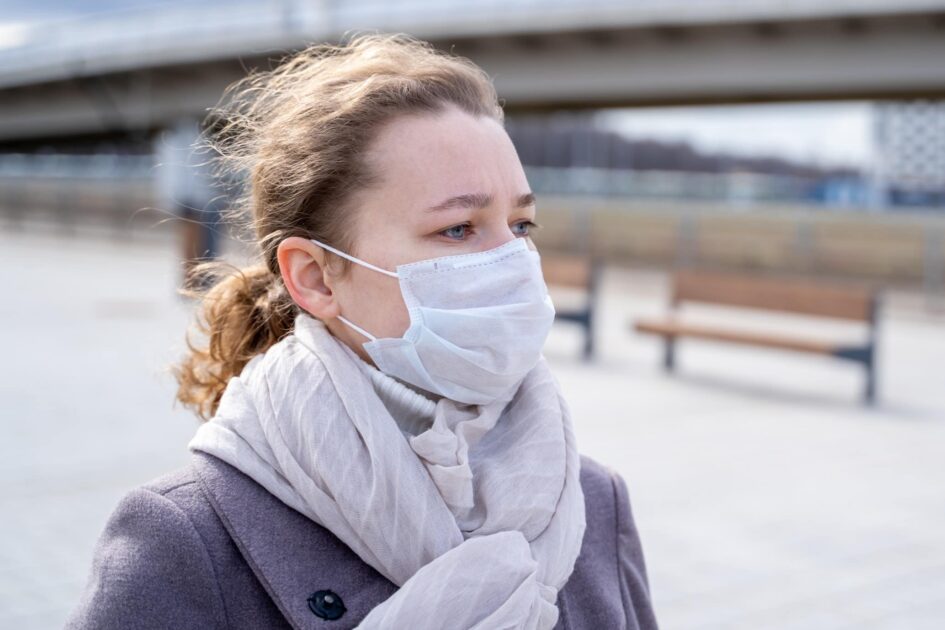Making the easing of restrictions easier for people with autism
Aoife talks about practical steps we can all take in our lives to make the easing of the COVID lockdown easier for people with Autism.

Though the pandemic is not quite yet behind us, things are slowly starting to return to normality. Restaurants, cafés, shops, and other businesses are reopening, with new structures and social distancing guidelines. For many people this is exciting. For others it can be confusing.
A group of people who I think are largely struggling with these changes is Ireland’s autistic community. As someone on the spectrum myself, I can speak from experience when I say that I am finding things quite scary. I had just begun to settle into my own quarantine routine, growing accustomed to the “new normal”, and now my world is once again being flipped upside down. Shifting to the life of a newly reopened Ireland can be difficult for us, so here’s some ways that I think we can all make things easier for people with autism in the community.
1. Walk us through new processes
Knowing what to expect is huge for people with autism in my experience. We can thrive on routine and forward-planning. But this is just not conducive to today’s Ireland. As businesses re-open, we are having to make changes in order to adapt to social distancing and hygiene guidelines. Reduced numbers, plexi-glass screens, new rules about queues and payment… the list goes on. Personally, I have found this to be a huge barrier – the fear of the unknown can prevent me from going outside into the community.
The solution is simple- to remove the element of the unknown. If a friend or family member is on the spectrum, explain to them any new layouts in shops ahead of time. Maybe even consider taking pictures of where they are to enter and queue. They will be very grateful. If you are the owner of a business, consider doing the same via social media. I have seen a few shops taking to Instagram stories to post walkthroughs of their shopping experience from the point of view of a customer, and I can’t begin to explain how reassuring this can be. Of course, this doesn’t just apply to people with autism. I’m sure everyone will benefit from knowing what to expect ahead of time before going to a business!
2. See things from our point of view
A point of contention since the beginning of the pandemic has been about masks and facial coverings. At this stage, though, it is clear: we must wear them in situations where social distancing can be challenging. There has been some resistance, for various reasons, however an argument that caught my eye was that some people dislike the masks as it makes reading the wearer’s facial expressions difficult. As someone on the autism spectrum, I had to laugh. Because, mask or not, I struggle to interpret facial expressions. I found it interesting that something I have accepted as part of my life would actually discourage my non-autistic counterparts from following public health advice.
I think a lesson can be learned from this: if you find facial coverings frustrating because they hinder the extent of your social interaction, imagine how it must feel to have this difficulty for your whole life. If anything, I hope that the mask debate can open up conversation about the social challenges facing people with autism, with a view to more open dialogue and empathy, even when this pandemic is far behind us.
3. Give us time
Simply put, people with autism can be easily overwhelmed at the best of times. Sensory overstimulation is a hallmark of autism, and after months of lockdown, many of us are simply out of practice when it comes to public settings. At first, everything might be stressful for us. I was recently at a clothes shop for the first time in months, and I was surprised by how upset it made me. The lights felt too bright, the music was too loud, even with social distancing felt hectic and overcrowded. But as I slowly start to re-integrate myself into these public situations, things will get easier.
If you know someone on the spectrum, they may at first be reluctant to go on socially distant walks, picnics, coffee dates etc. with you. Try not to be offended. It’s probably not that they don’t want to see you, maybe they just can’t quite do it yet. The important thing is that you continue to extend invitations and avoid deciding for us what we are able for. Maybe also holding online meet-ups alongside physical ones can be a good option. But most importantly, allow us to interact with you at our own pace. We know ourselves best, and we will return to “normal” in our own ways. You just have to give us the time and space.





